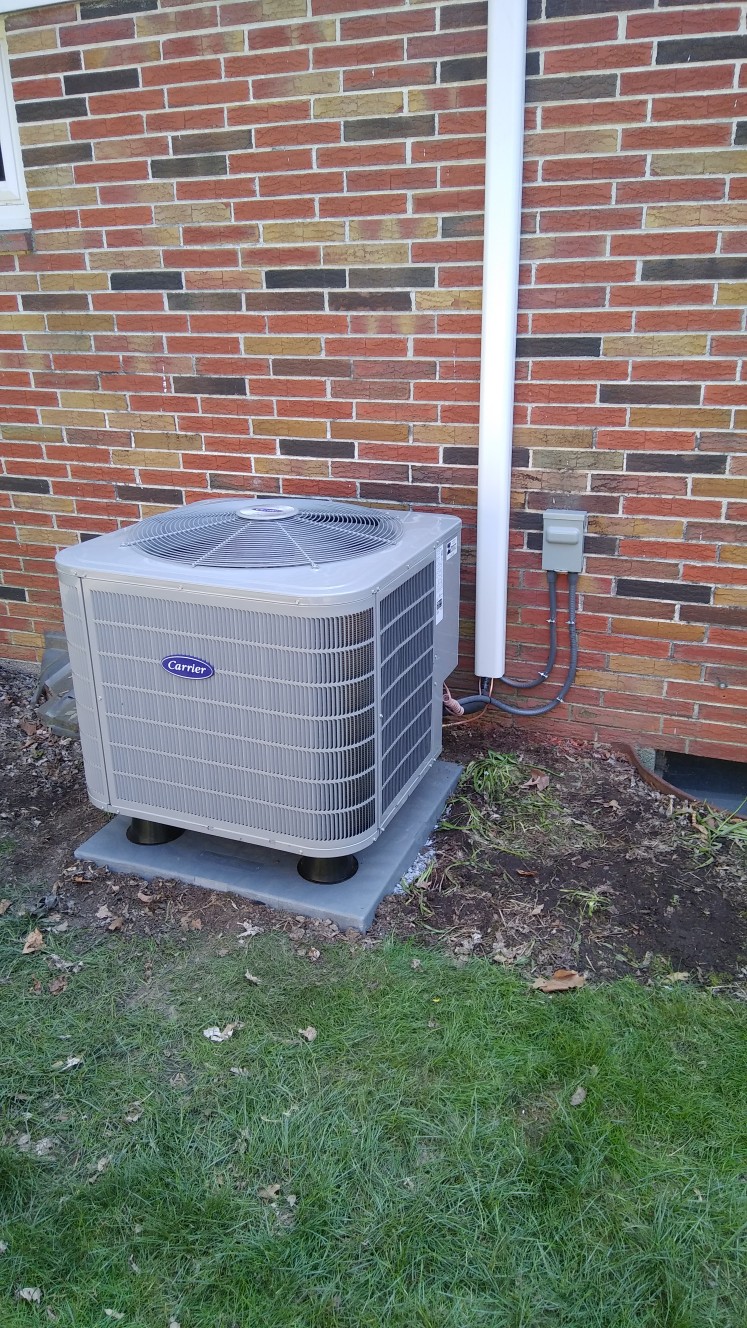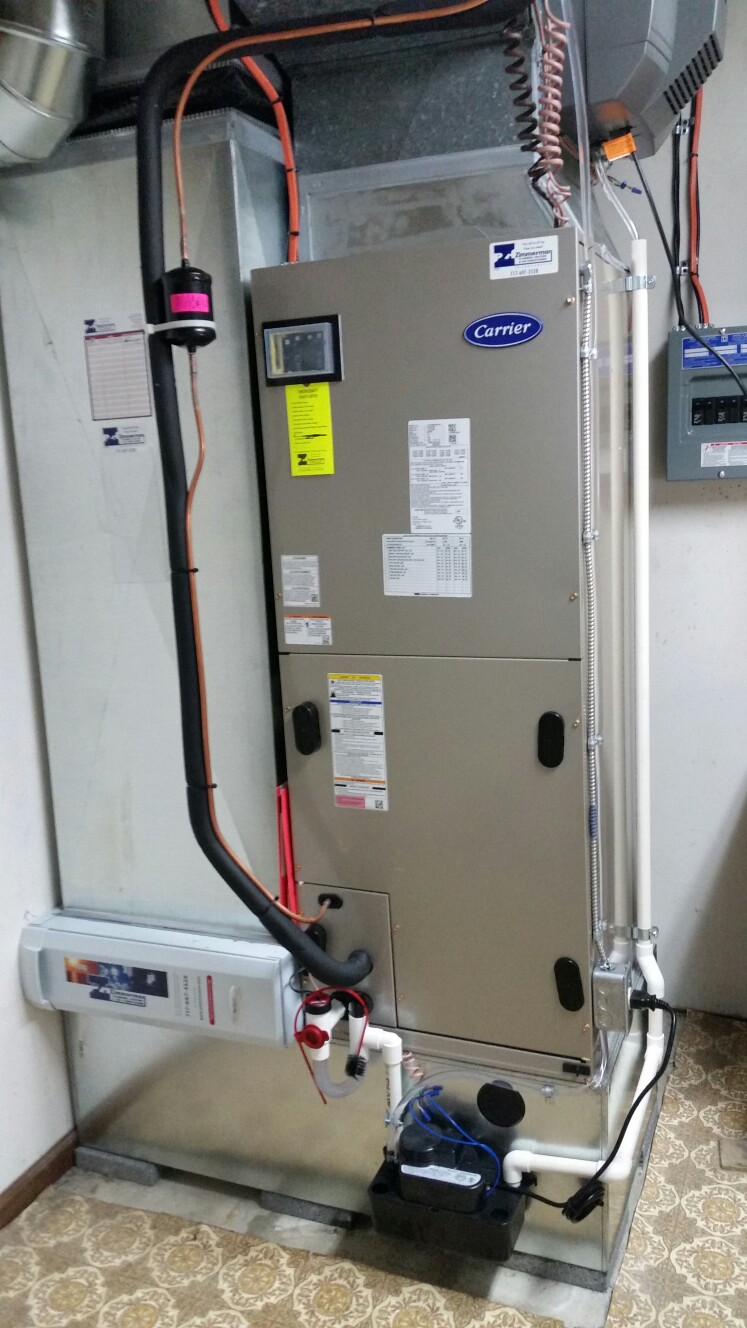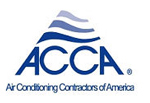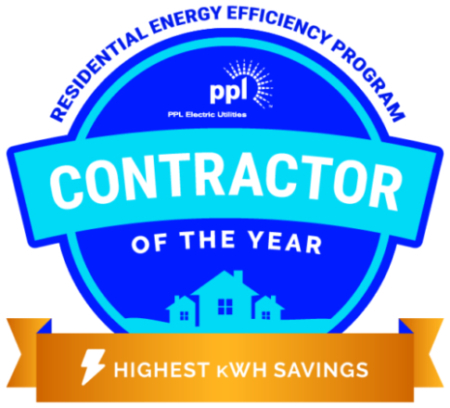Choosing the Right A/C System for You
Is the SEER rating of an A/C system important?
At Zimmerman Plumbing, Heating and Air Conditioning, we often get asked, ‘what SEER air conditioner do I need for my home?’. This is a valid question for homeowners since with any research you do, you will find manufacturers and articles touting SEER ratings as the end-all be-all of determining the right air conditioner for your home.
SEER, or Seasonal Energy Efficiency Ratio, is the measurement of an air conditioner’s electrical output over an average cooling season. This is most similar to the Miles Per Gallon or MPG for the automobile industry. This is a good way to determine how efficient an air conditioner will be, but it should not be the defining factor for selecting an air conditioning system for your home.
How do I determine what size A/C I need?
Unrelated to SEER, the size of your a/c system — also expressed in tonnages — is vital to a system that will work best for your home. Your existing a/c system may be improperly sized, especially if any additions have been made to the house or if there have been energy improvements like additional insulation or new windows and doors.
The sizing is determined by the heat gain of your home using a specialty calculation which takes into account the direction of your home, window and door materials and sizes, insulation values, linear square footage of walls, and overall square footage.
A correctly sized air conditioner will operate more efficiently – an oversized system will not compensate for shortcomings.
The duct system
Airflow plays a critical role in the effectiveness and efficiency of your air conditioning system. The relationship between ductwork and the rest of the air conditioning system is similar to the relationship between your arteries and your heart.
Moving air through the home is a strenuous process, even more so when there are deficiencies in the ducts that will negatively impact the movement of air — much like deficiencies in your veins can negatively impact blood flow and cause issues with the rest of your vascular system.
Try blowing air through a straw; now pinch the straw a little bit and try to blow the same way. This is exactly what happens with a lot of poorly installed systems.
It can be difficult to access all of the ductwork in a home, but where it can be accessed — usually near the air handler or furnace — improvements can be made. No duct system is perfect. Making changes to ductwork can be a better investment than opting for a super high-efficient air conditioning system.
Benefits of improving ductwork include:
- Improved comfort
- More evenly distributed air
- More efficient system
- Longer system life
- Reduced noise
 How to make a new or existing A/C system more efficient
How to make a new or existing A/C system more efficient
A/C systems have come a long way in how they operate. Most homeowners are accustomed to a traditional system that turns on and turns off when the thermostat tells it to. This would be an example of a system with a single-staged compressor and a blower with 1 operating speed – basically on or off.
These systems do a fine job of keeping a home cool. However, the first upgrade from this type of system would be the use of a multiple or variable speed blower. This is a much more efficient blower that will run more often but at lower stages. These blowers increase system efficiencies, provide better comfort, improve air quality, and provide better dehumidification.
Similar to the blowers, the outdoor compressors can also be multiple or variable stages to provide lower outputs when the demand for cooling is not so high. Multi-staged compressors decrease the on/off cycling that a single stage compressor goes through, thus reducing the wear and tear and the extra energy to get the system up and running as frequently.
Overall, there are a lot of features and benefits that will contribute to the comfort and efficiency of a system, and it really comes down to the needs of the home.
We Can Help Determine What A/C You Need
At Zimmerman Plumbing, Heating, and Air Conditioning, we take a whole-house approach when considering a new air conditioning system for every home. This includes your needs, the demands on the system, and the expectations of a new system. We make recommendations based on our thorough evaluation and let you make the choice on equipment. Give us a call at (717) 697-3528 or contact us online for a free in-home estimate.


 How to make a new or existing A/C system more efficient
How to make a new or existing A/C system more efficient







